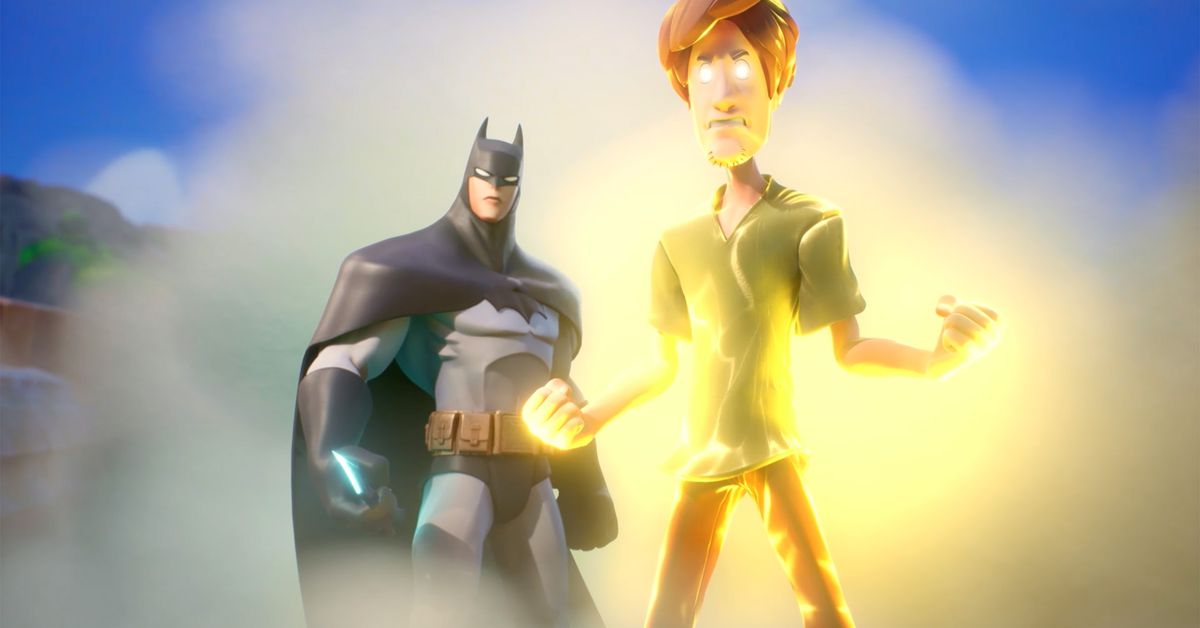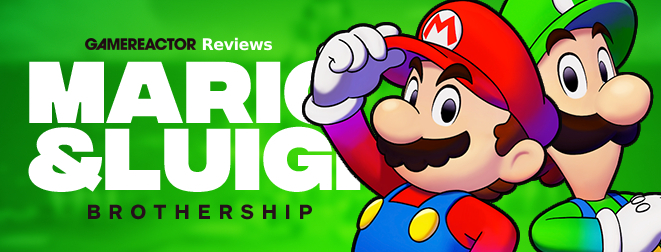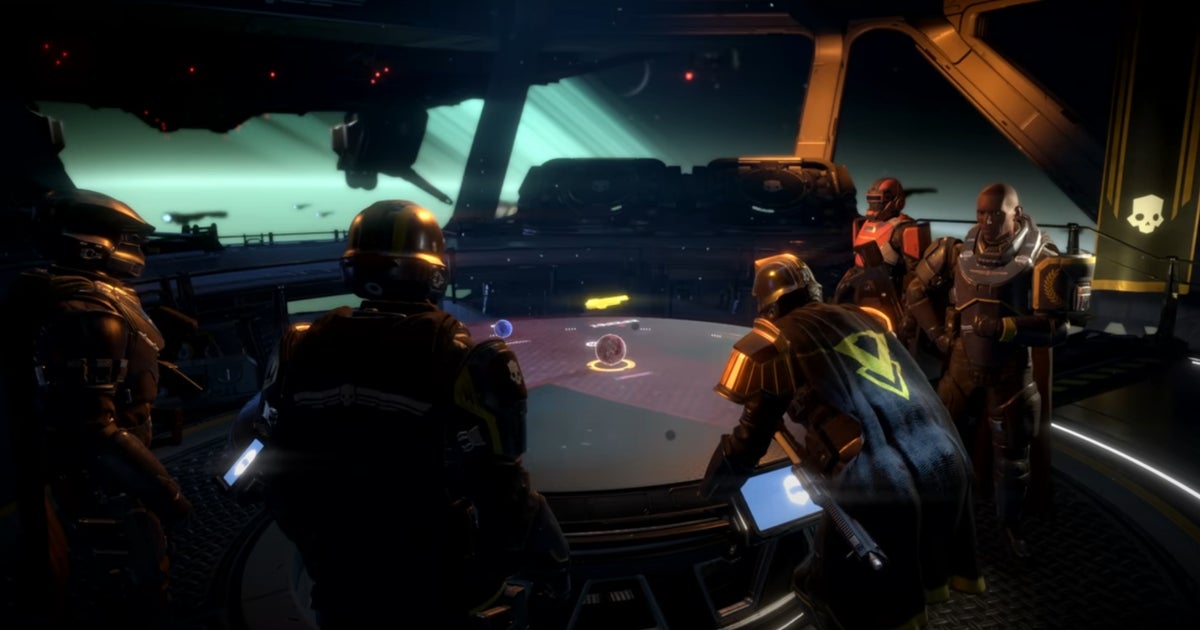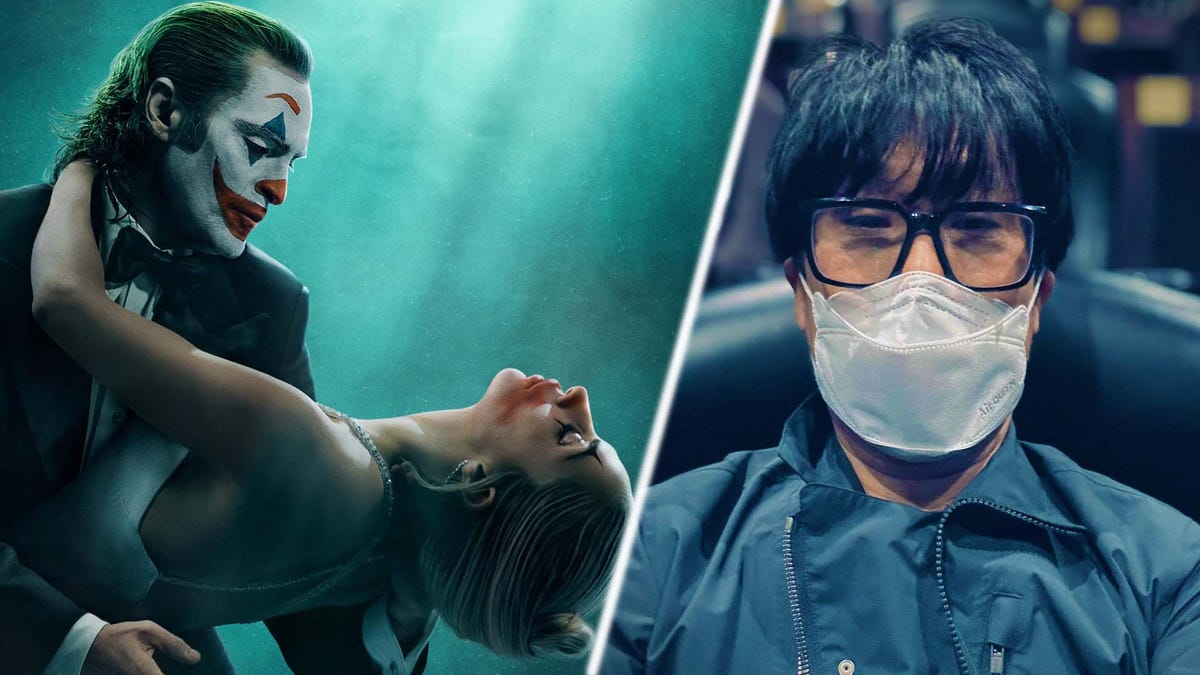Warner Bros. Games has discussed its business strategy in recent weeks, but it seems to be full of contradictions. Hogwarts legacyits AAA single-player game, Harry Potter, was one of the best-selling games of 2023, but the company intends to focus on live-service and free-to-play games instead in the future, as is its subpar performance Suicide Squad: Kill the Justice League. WB Games is reviving a game that was taken offline last year, before pulling a number of games that have been playable for years back from publication. It’s important to remember that the game being revived is a Super Smash Bros.-like brawler MultiVersus, features characters from several Warner Bros. films. botched properties like that Space Jam start anew, Black Adamand a whole series of Looney Tunes in Aftermath of Coyote vs Acme.
It’s been a few weeks in which many people have asked themselves: What is WB Games’ strategy?
The company has been in a strange state of uncertainty for some time. Warner Bros. Games is part of Warner Bros. Discovery’s global streaming and interactive entertainment unit. It was previously known as Warner Bros. Interactive Entertainment before AT&T spun off WarnerMedia and merged it with Discovery to form the new Warner Bros. Discovery company. (Do you have all that?) For a while after the merger, the fate of Warner Bros.’ Gaming department was unclear; AT&T originally told IGN that some of its game studios would be sold, but not all. At the end, Only the mobile developer Playdemic was sold. (Before the merger, in 2020, AT&T was reportedly trying to sell its gaming division for up to $4 billion, but the company ultimately kept it. That was ultimately a good decision because games have contributed “heavily” to Warner Bros. Discovery’s finances
:no_upscale()/cdn.vox-cdn.com/uploads/chorus_asset/file/23077142/suicide_squad.jpg)
Image: Rocksteady Studios/Warner Bros. Games
We’ve been getting a better idea of what’s going on lately. Jean-Briac Perrette, president and CEO of Warner Bros. Discovery streaming and gaming, explained his video game strategy during a Morgan Stanley event In early March, he confirmed that the company was “doubling down” on games as a “growth opportunity” by leveraging its broad range of intellectual property. (Warner Bros. is obsessed with its own intellectual property; Variety said in January that the company’s CEO, David Zaslav, “can’t have a single earnings call without bragging about the power of the company’s rich intellectual property.” But Perrette also described the video game industry as “volatile” – and said that big-budget success connected be games like Hogwarts legacy is not guaranteed.
Although the Harry Potter game was a huge success, it broke Call of Duty’s four-year streak as the number one game in the US – in 2024 Suicide Squad: Kill the Justice Leaguethe company’s other recent big-budget video game, performed below average. Inexplicably, Perrette said Warner Bros. wanted more live service games (a genre). Kill the Justice League falls in) to mitigate some of this volatility. “Instead of just launching a one-off console game, how can we create a game around, say, a Hogwarts legacy or Harry Potter, that is a live service where people can live, work, build and play in that world “Continuously?” Perrette said.
Doesn’t matter, MultiVersus It is expected to play an important role in this live service plan and attract the attention that Warner Bros. expects from its players And the use of its extensive list of characters. The thing with MultiVersusHowever, Warner Bros. and developer Player First Games pulled the game from digital stores in April following its 2022 release and plan to relaunch it in 2024. Although the game was technically in open beta, that wasn’t entirely clear to all players. People were obviously disappointed when the game went offline, especially those who had invested money in characters and other microtransactions. But even before it went offline, the game had problems. MultiVersus had lost 99% of its player base on Windows PCs just six months after its release, largely due to a lack of content. For MultiVersus
For the most part, Warner Bros.’s two recent live service projects have failed, which is consistent with the state of live service as a whole. It may not be the smartest place to invest. Yes, it means people are committed over a long period of time – but only if they feel compelled to stay. Live service games aren’t necessarily dying out (Fourteen days (among other things, remains popular), but the genre is changing. Several live games were closed last year, such as that of Epic Games. Rumbleversewhich went offline just six months after launch. Destiny 2, which was once wildly successful, has recently seen a decline in player numbers, leading to layoffs at Sony-owned Bungie. The conglomerate Warner Bros. Discovery intends to invest more in an area that has proven less successful of late, is a decision that seems misguided but isn’t entirely surprising given some of Warner Bros.’s other moves in gaming and elsewhere.
:no_upscale()/cdn.vox-cdn.com/uploads/chorus_asset/file/23902372/taz_multiversus.jpg)
Image: Player First Games/Warner Bros. Games
Coyote vs Acmethe finished but shelved film that shares many character crossovers MultiVersus, is just another example of such a confusing decision; Warner Bros. canceled the film due to a shift to a “global strategy to focus on theatrical releases.” according to The Wrap. (It took a similar step by canceling its $90 million Batgirl Film.) Then a spring nearby Coyote vs Acme told The Wrap that canceling a finished film was seen at the time as “an acceptable means of solving a problem.” It appears that Warner Bros. gaming executives learned a lesson from this strategy when the division decided to remove a number of Adult Swim Games titles from Steam and other digital stores. Warner Bros. has not yet commented on the move, which was reported after several developers were told their games went offline and they were unable to regain control of them. Eighteen or more games could be affected, although the final number has not yet been determined. To put that into perspective, most of these games have been released for years – some for more than a decade. Both developers and players were stunned when they heard the news: Why take offline a game that has been around for years?
Warner Bros., again, has not commented on the matter, raising speculation that the company is prioritizing short-term profits over long-term sustainability. Taking these games offline could have short-term benefits, as there is no cost to maintain them – if there was much at all – and Warner Bros. is not obligated to spend royalties. But Warner Bros. could also see this as a way to “streamline” its video game catalog to refocus on its new focus on its live services and mobile offerings.
Warner Bros. will, of course, continue to make single-player experiences – there’s currently a Wonder Woman game in the works, as well as whatever else its ten or so studios of its own are working on – as part of its “strategic investment plan,” which Perrette briefly described as beginning March mentioned. Perrette expects the vision to become a reality in 2025 and beyond as the company lays the new foundation for this strategy. The only thing we know is that Warner Bros. IP is king, with Harry Potter, Game of Thrones, DC and Mortal Kombat each worth $1 billion in the video game industry. diversity claims. And there’s no doubt that Warner Bros.’s IP perspective is impressive, which could be the blessing that Warner Bros. is fully banking on in the end.
“A very consistent message from Warner Bros. Discovery leadership is the importance of franchises,” said David Haddad, president of Warner Bros. Interactive. said Variety in January. “Games play a unique and important role in keeping our franchises relevant, resonant and exciting because there are many fans and many people who consume content where games are the starting point.”








